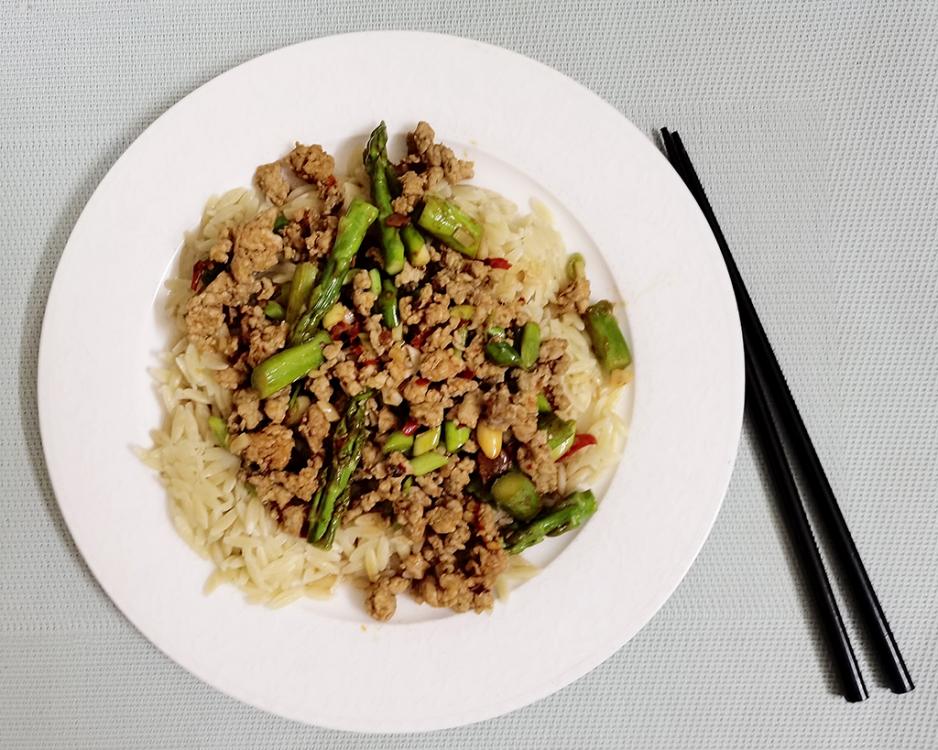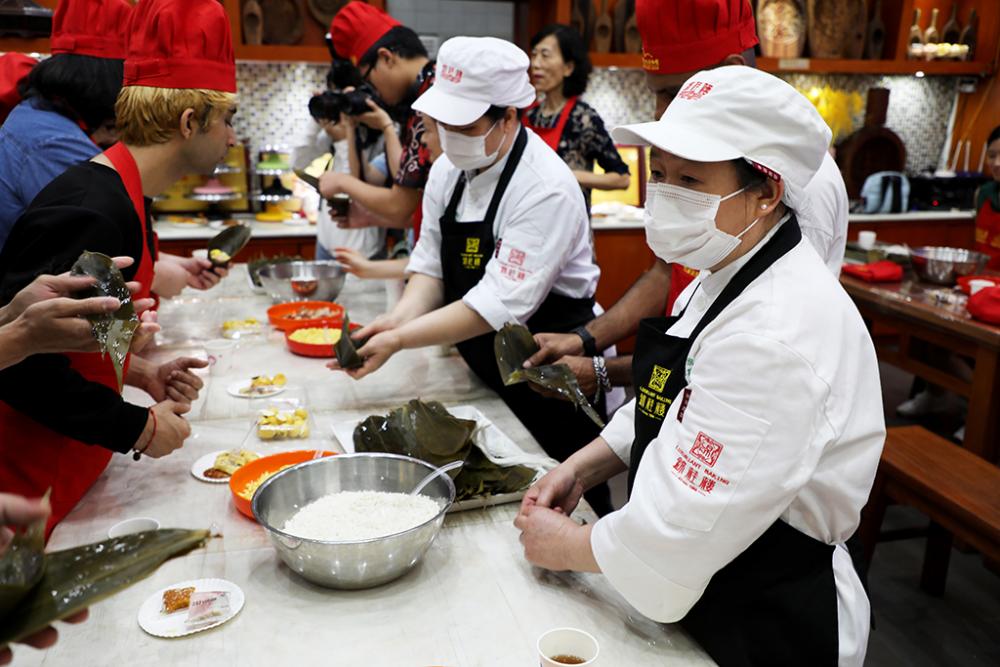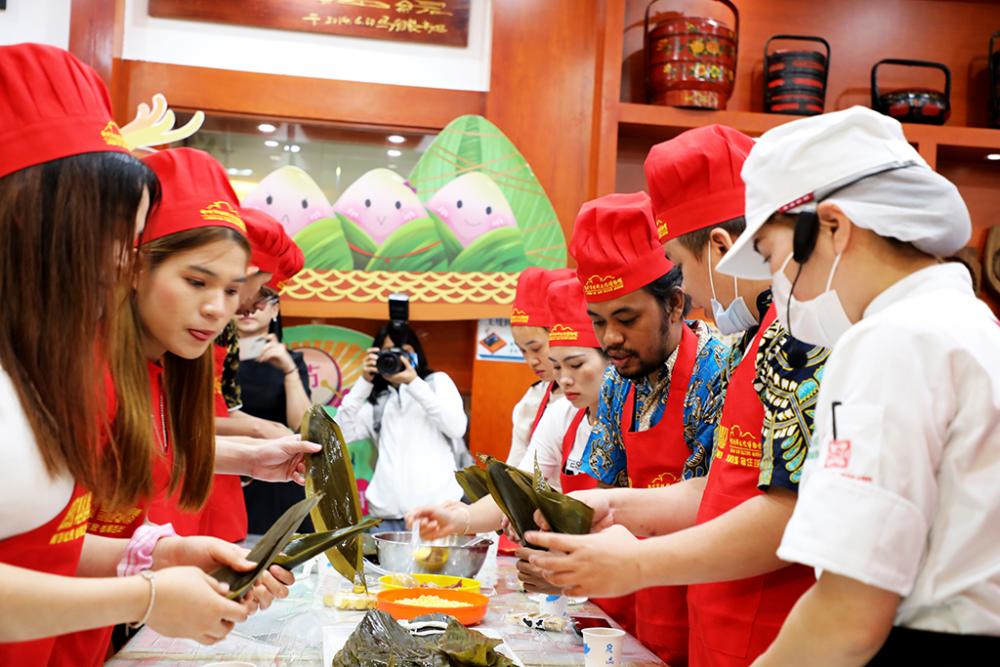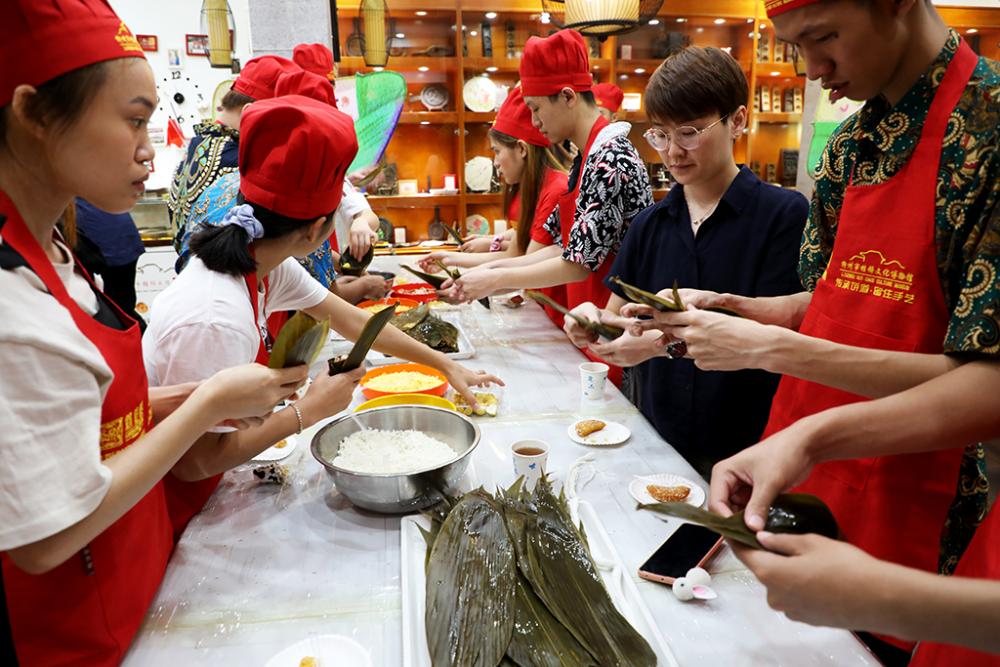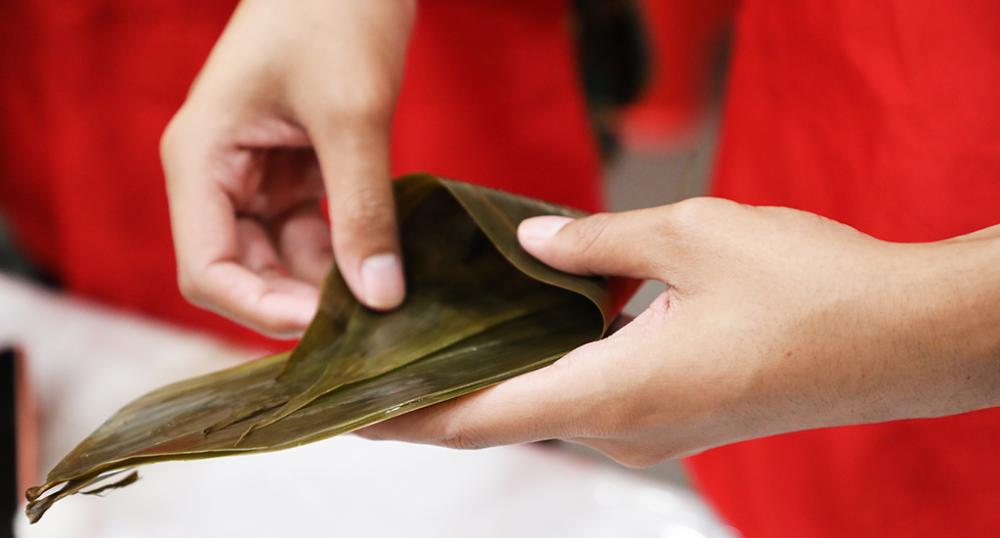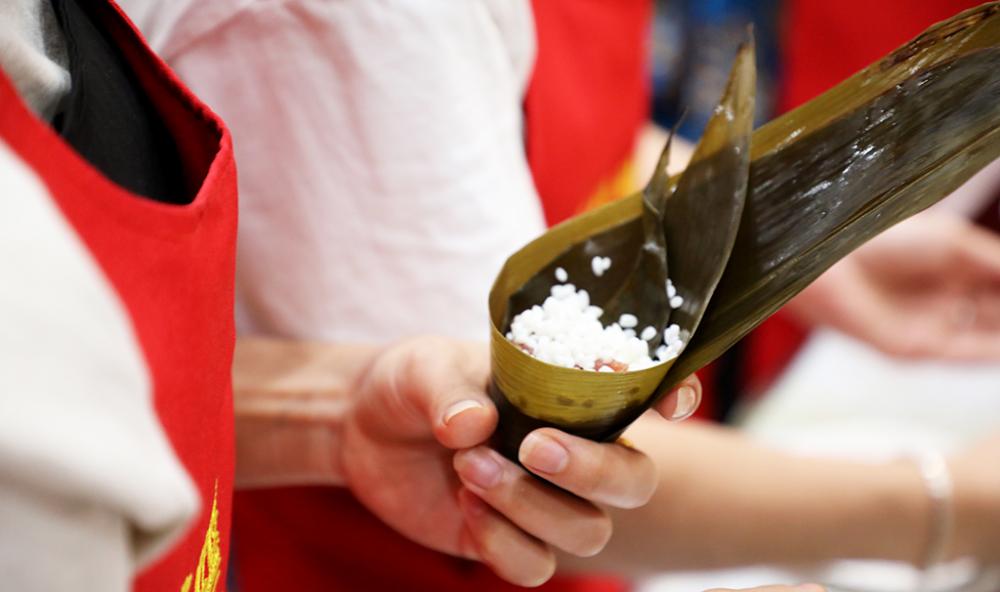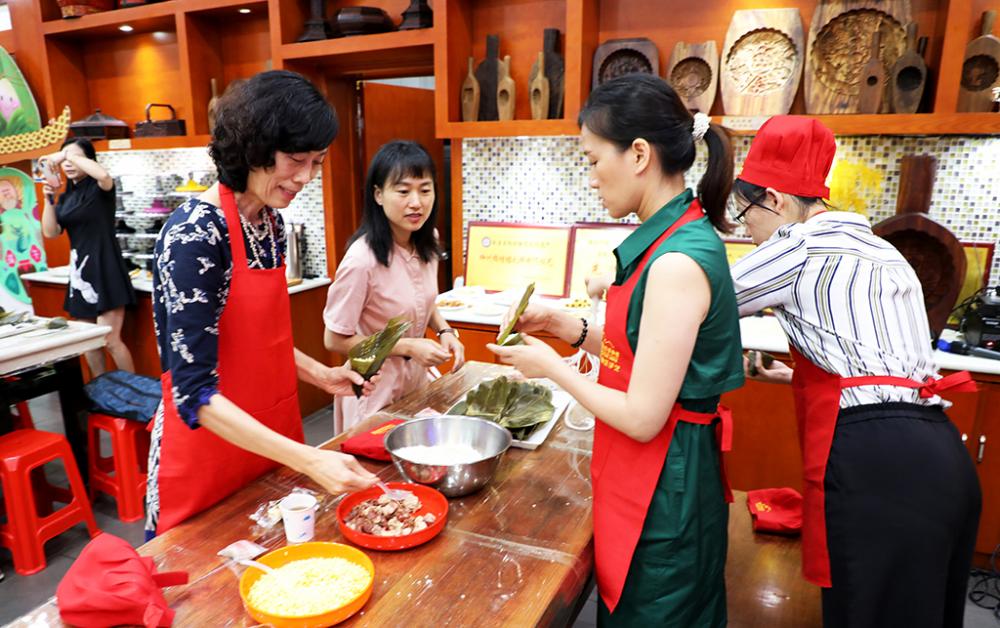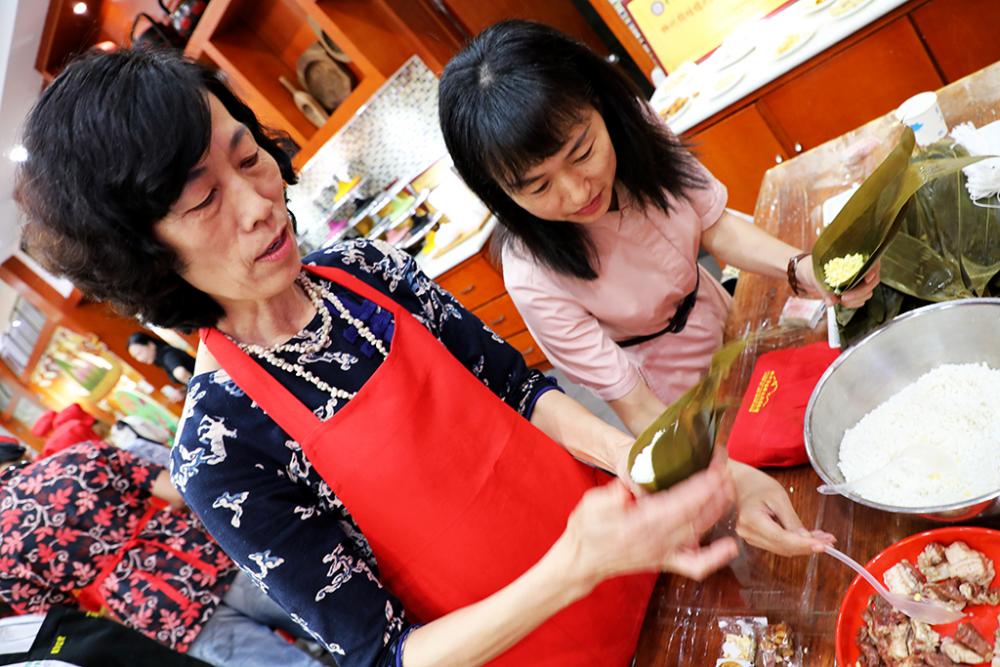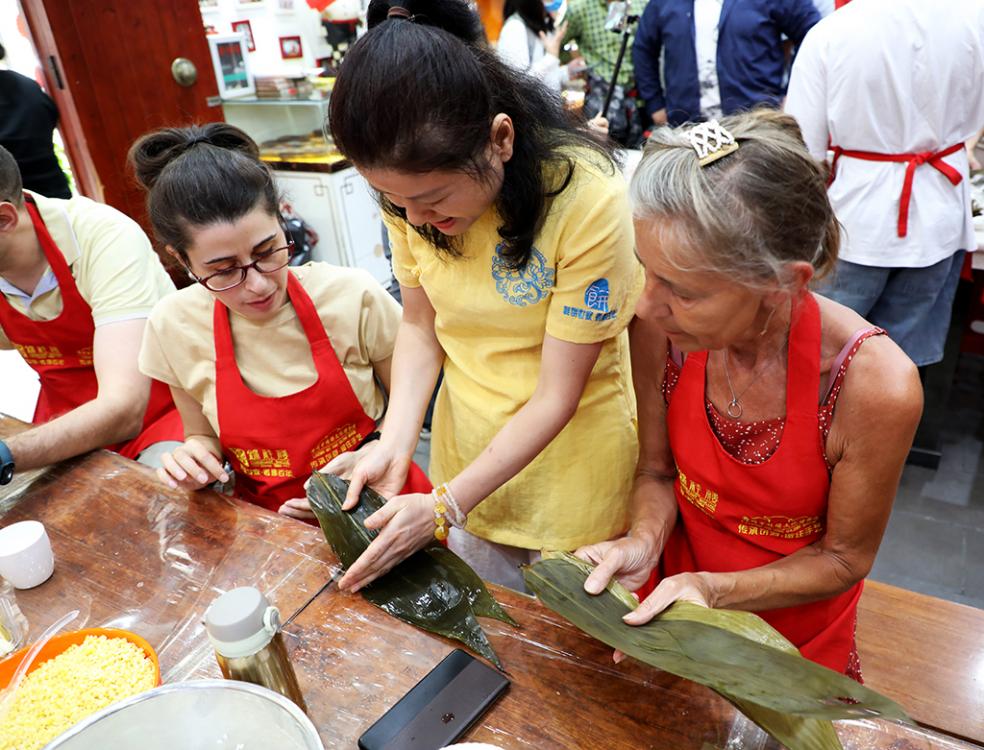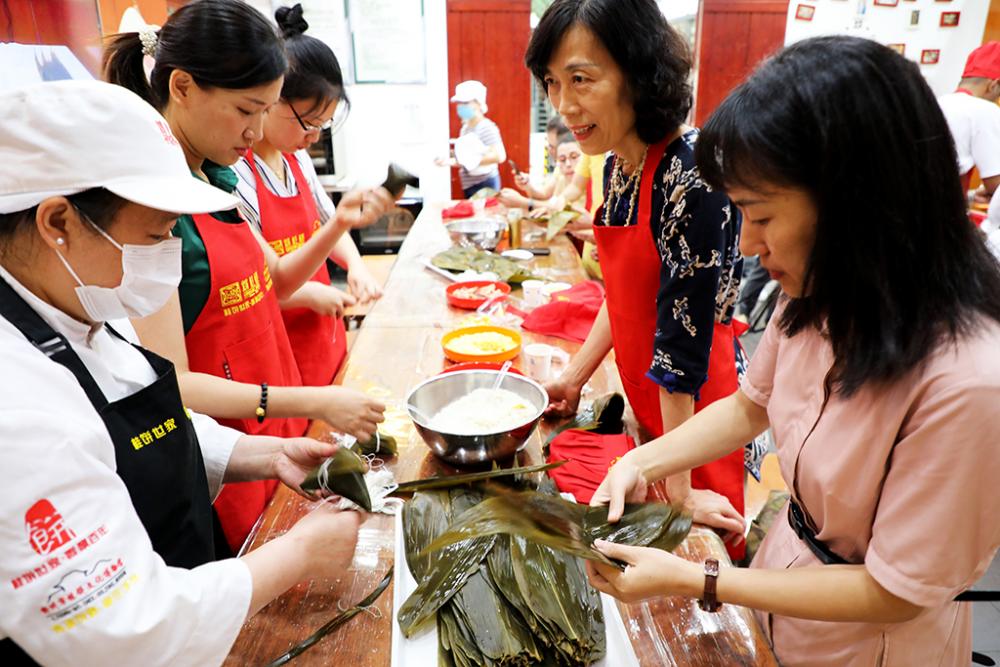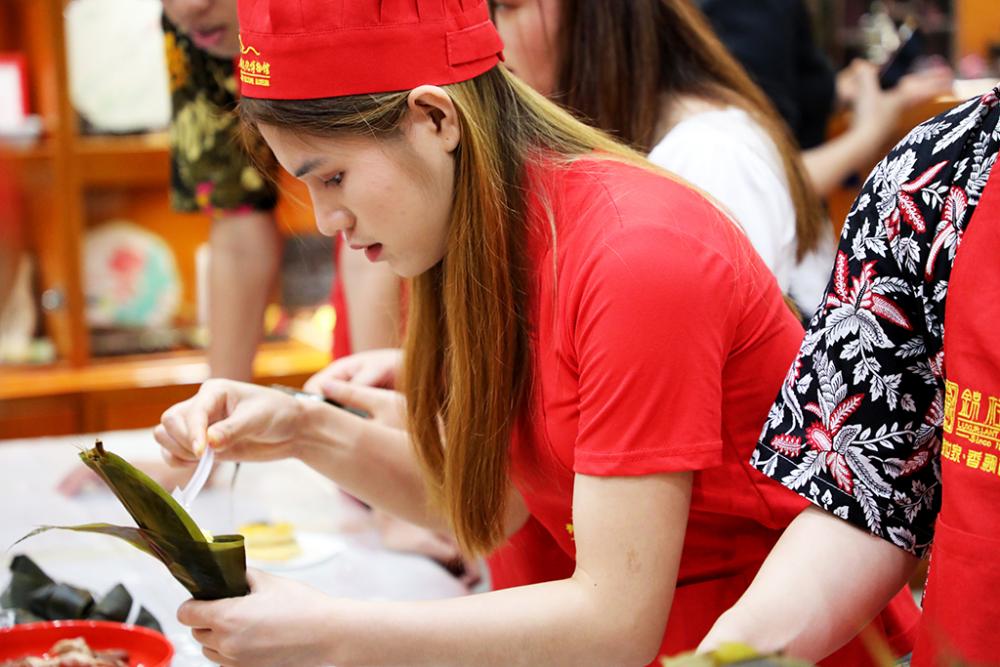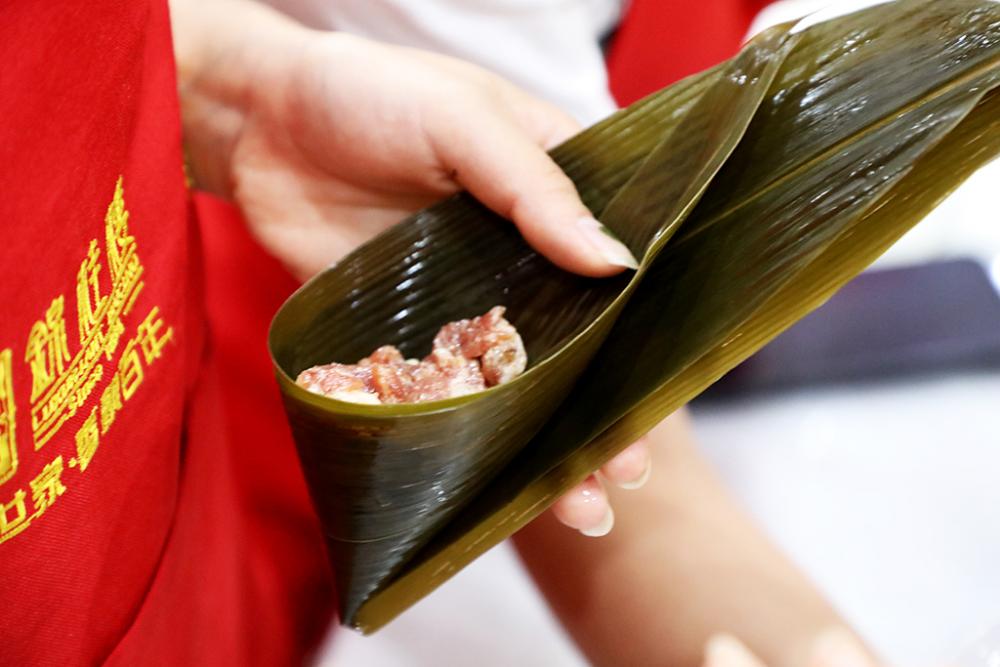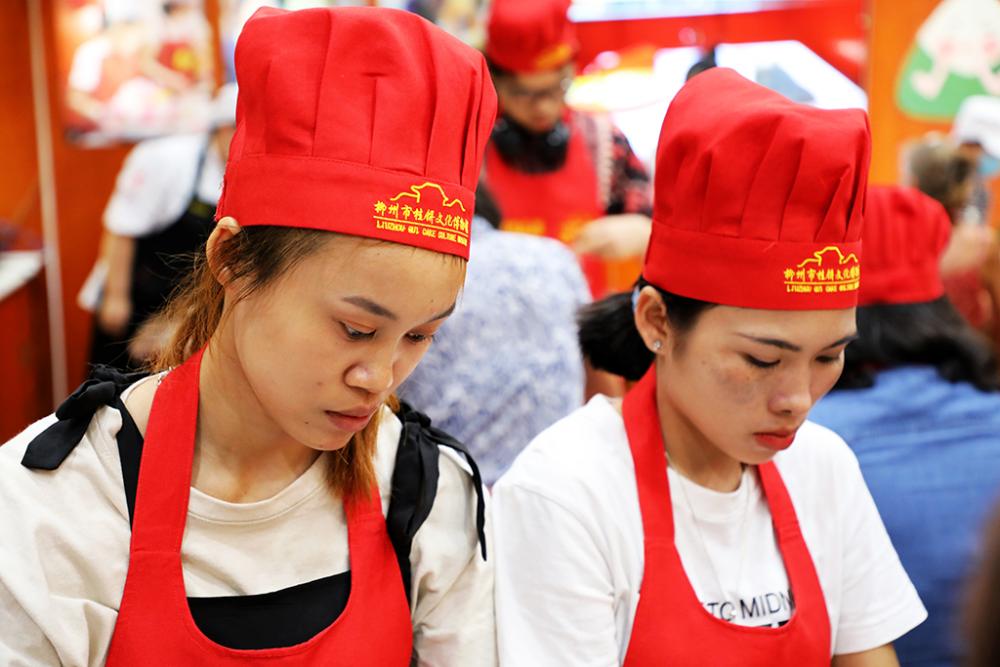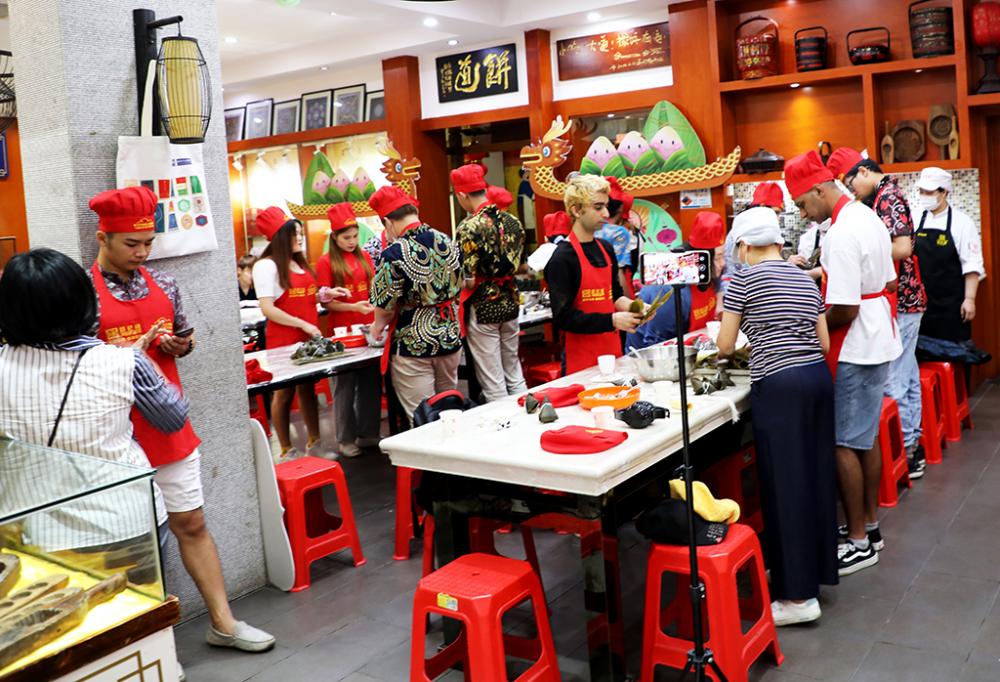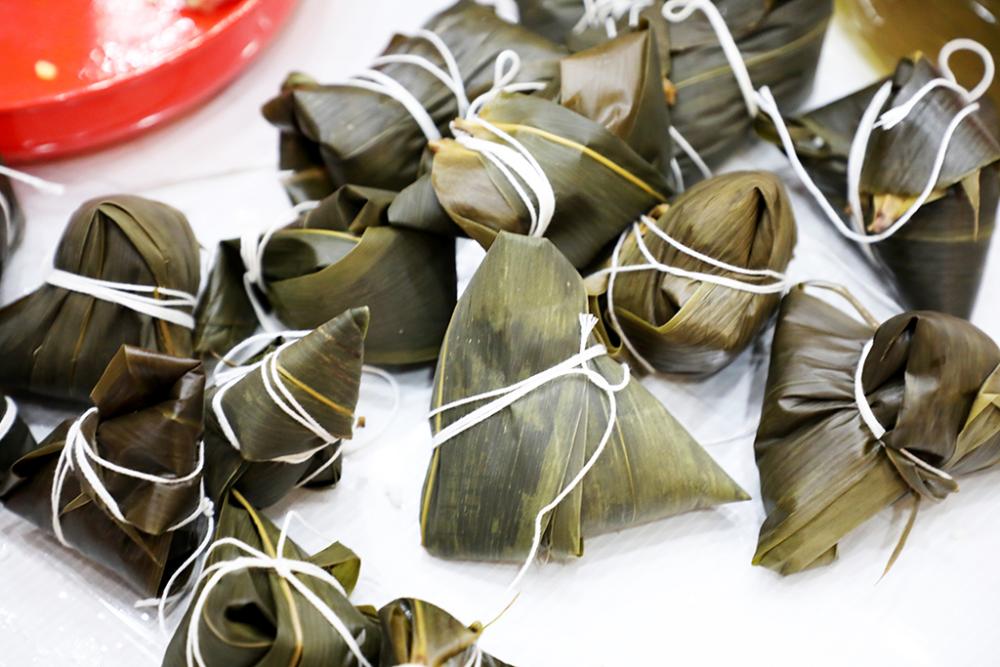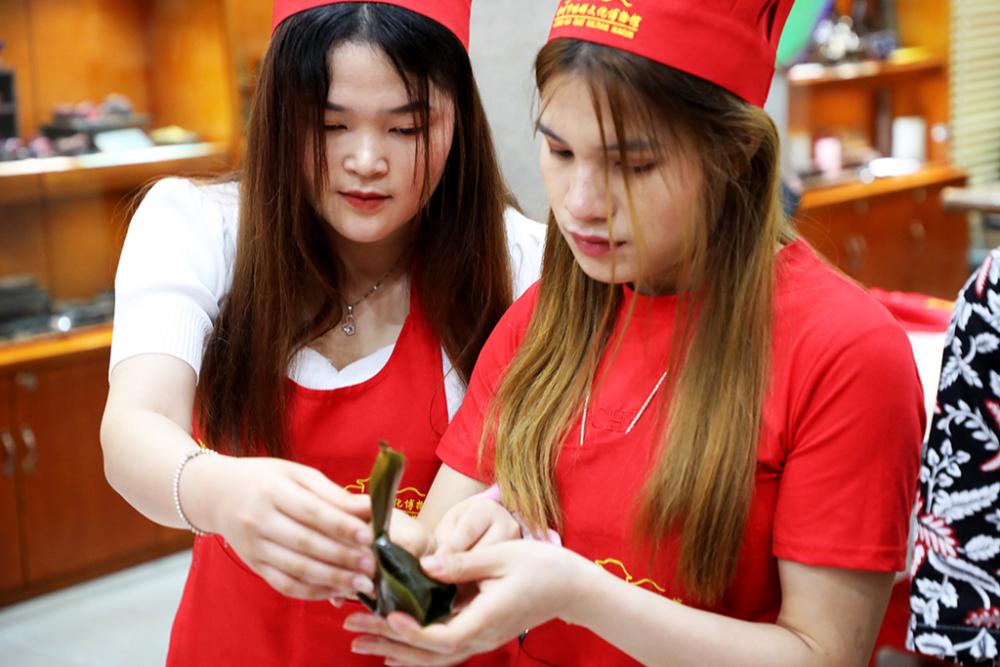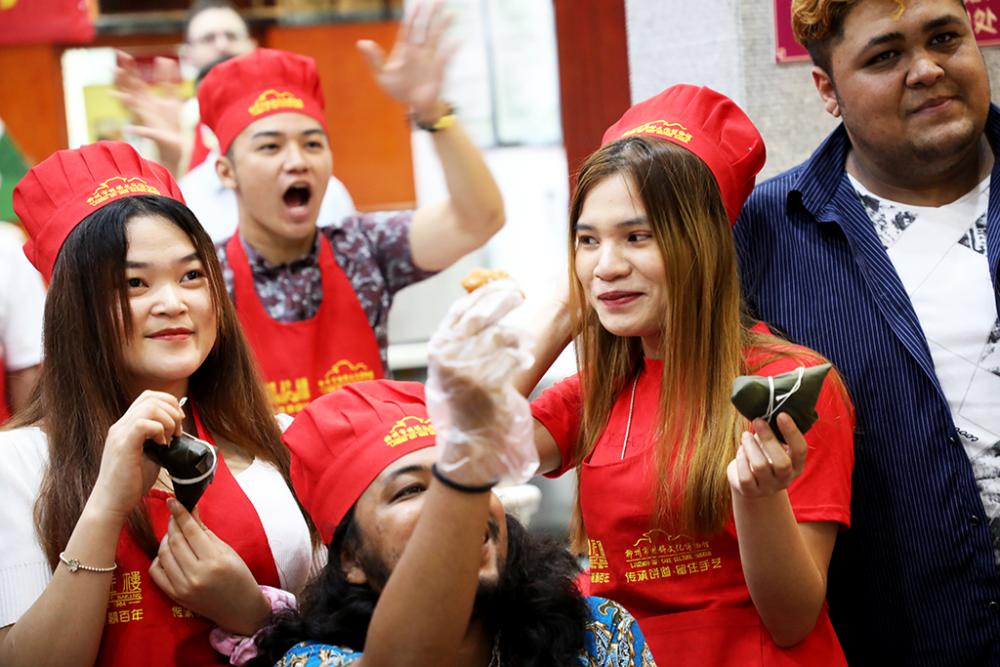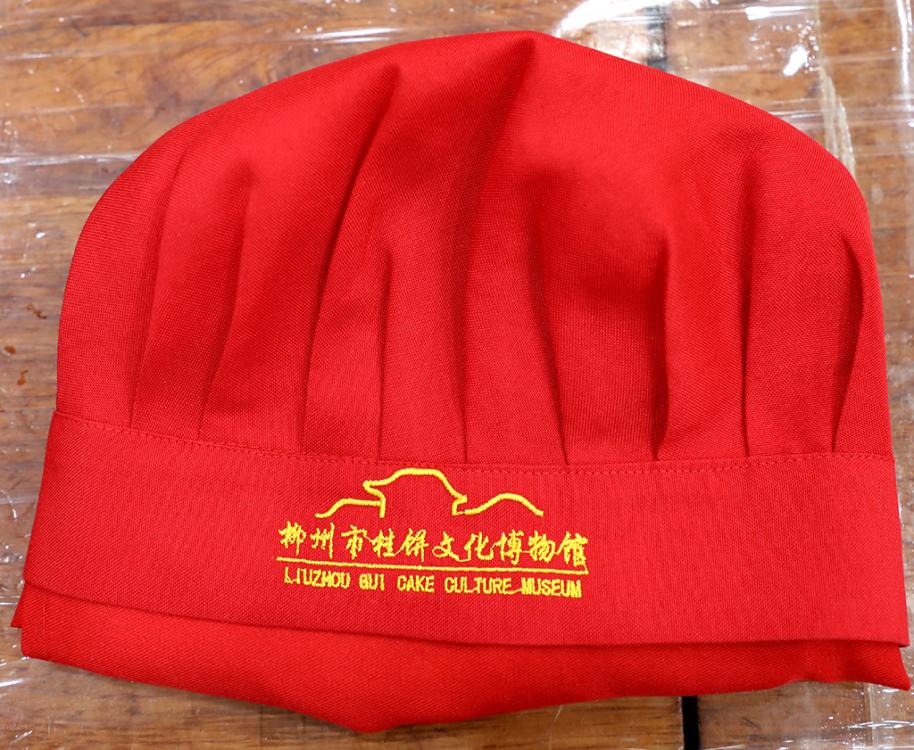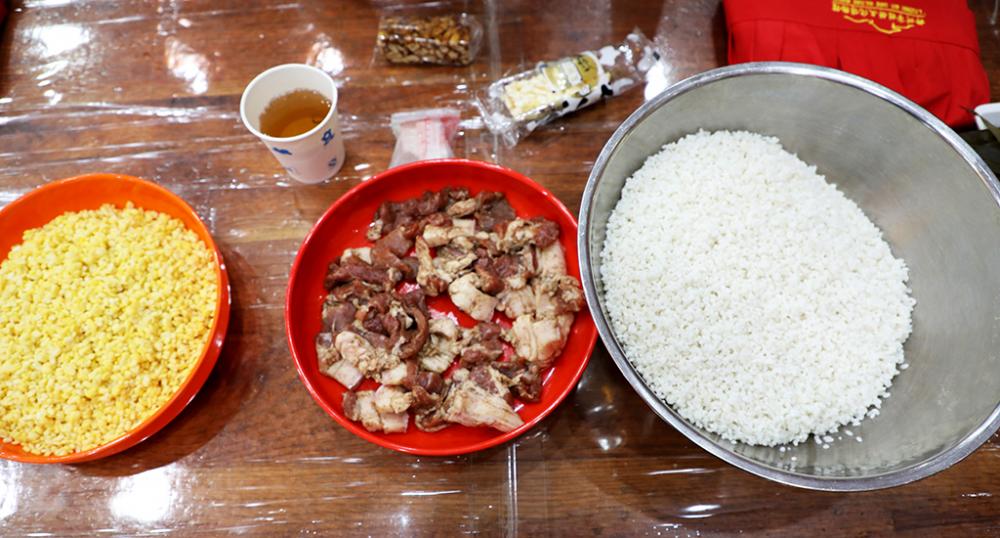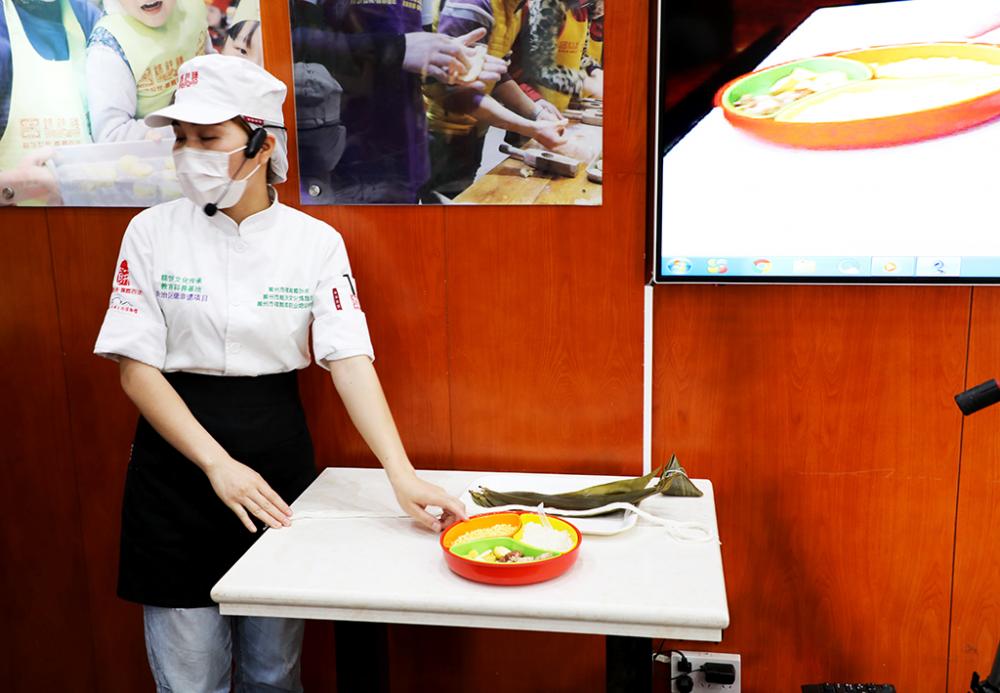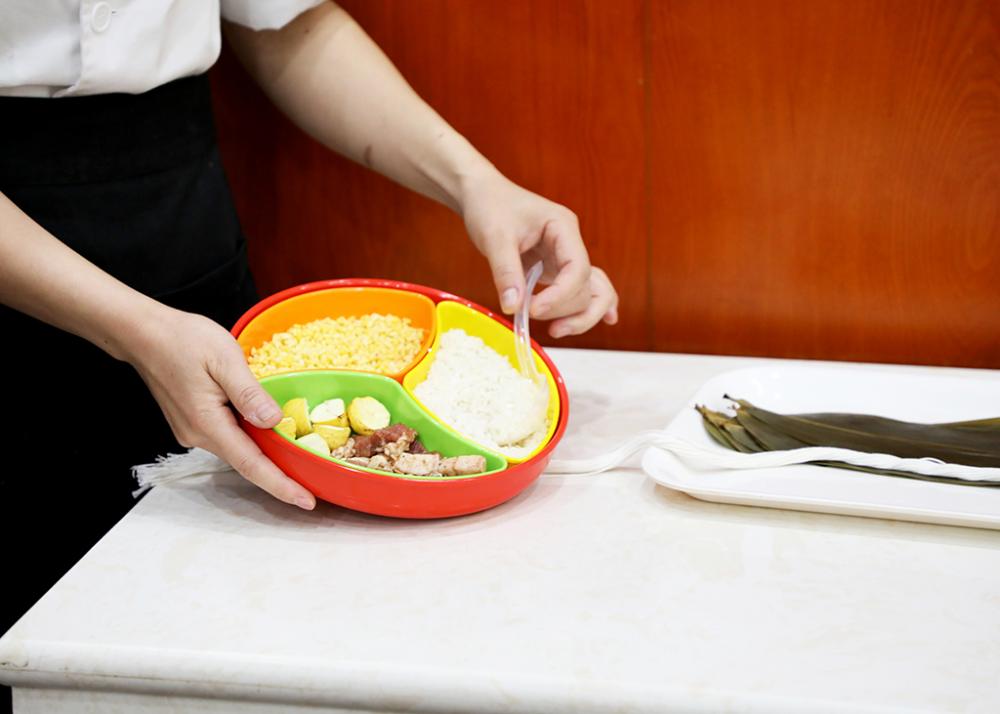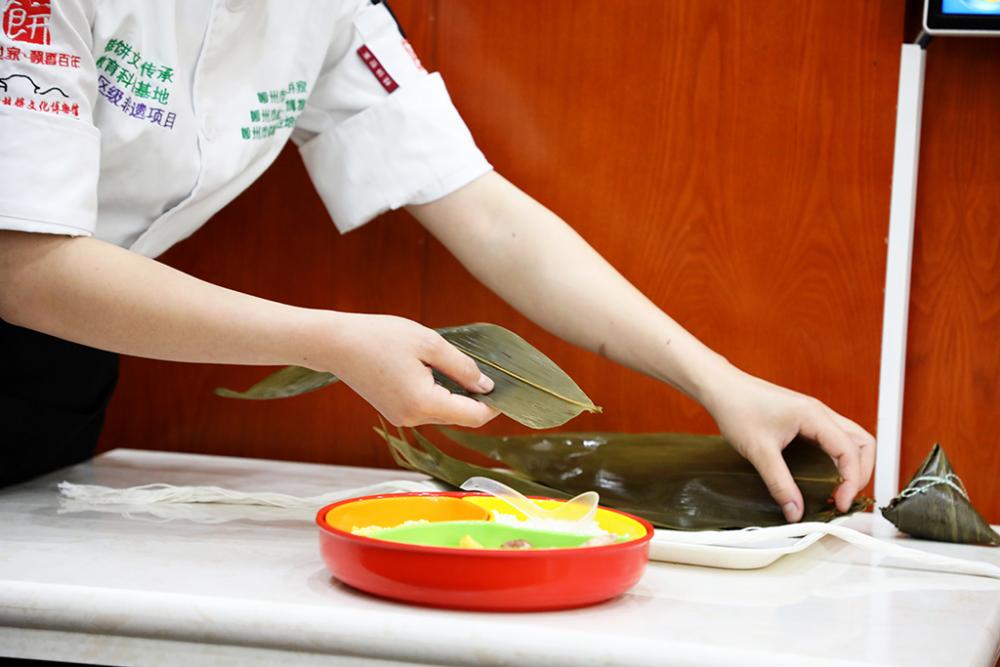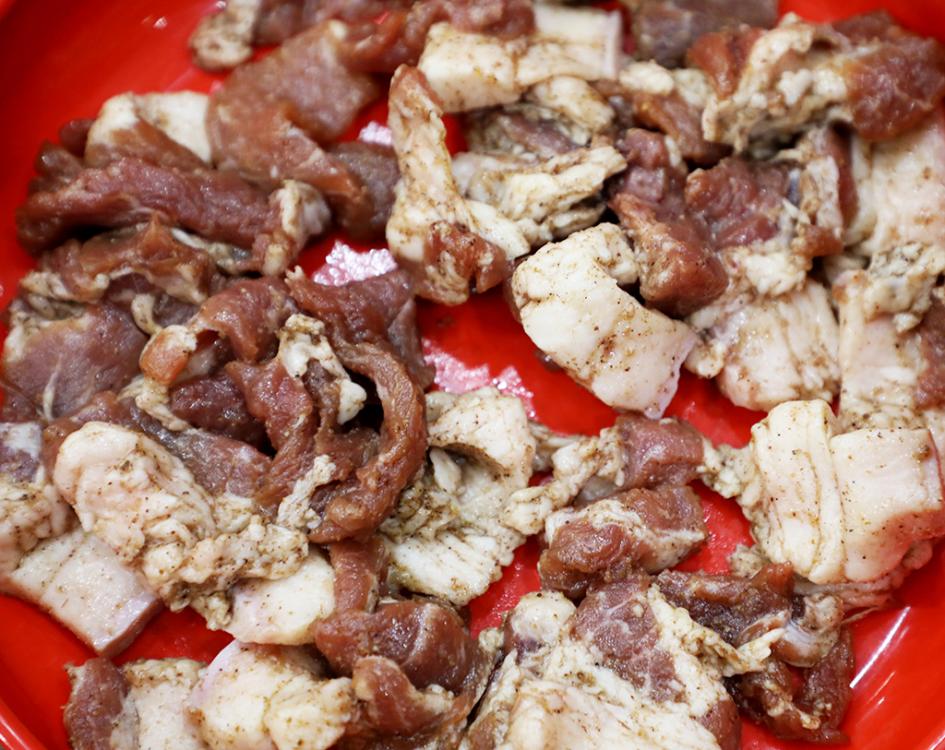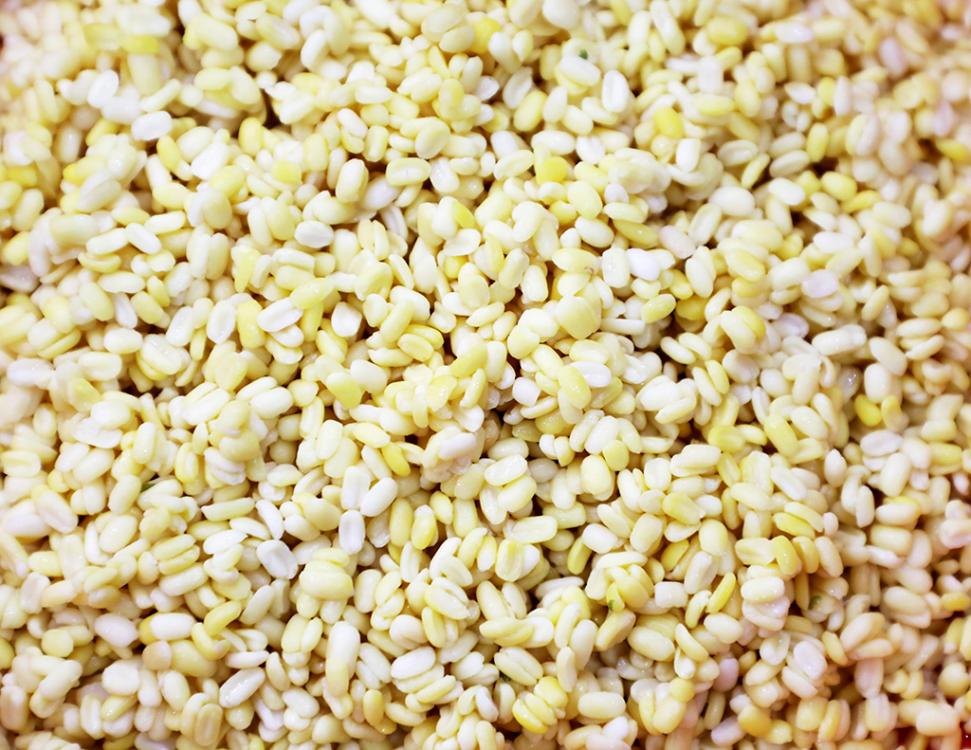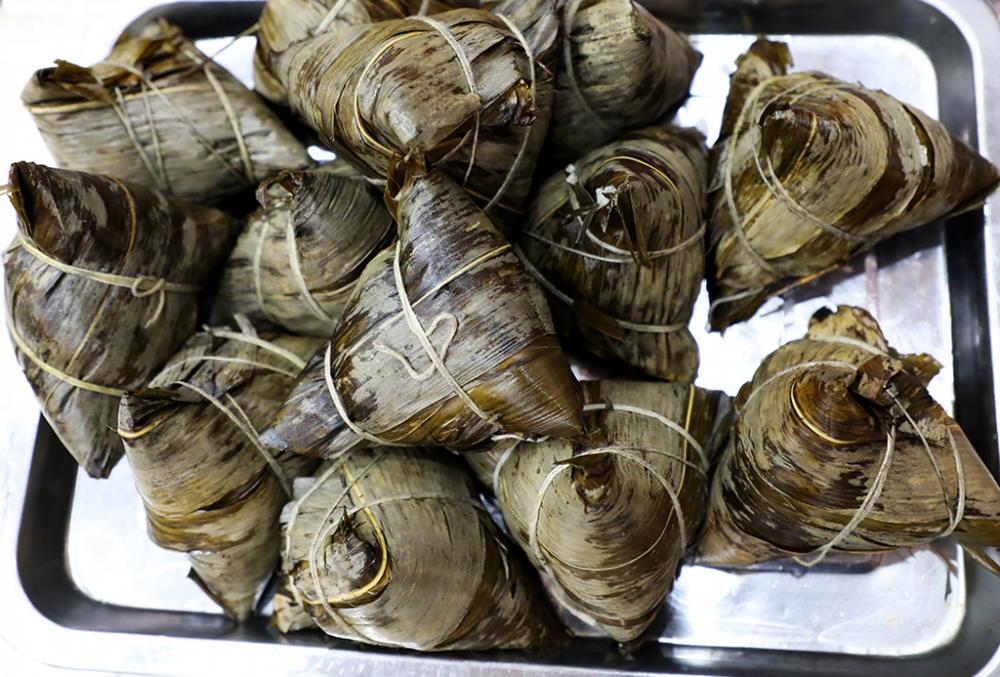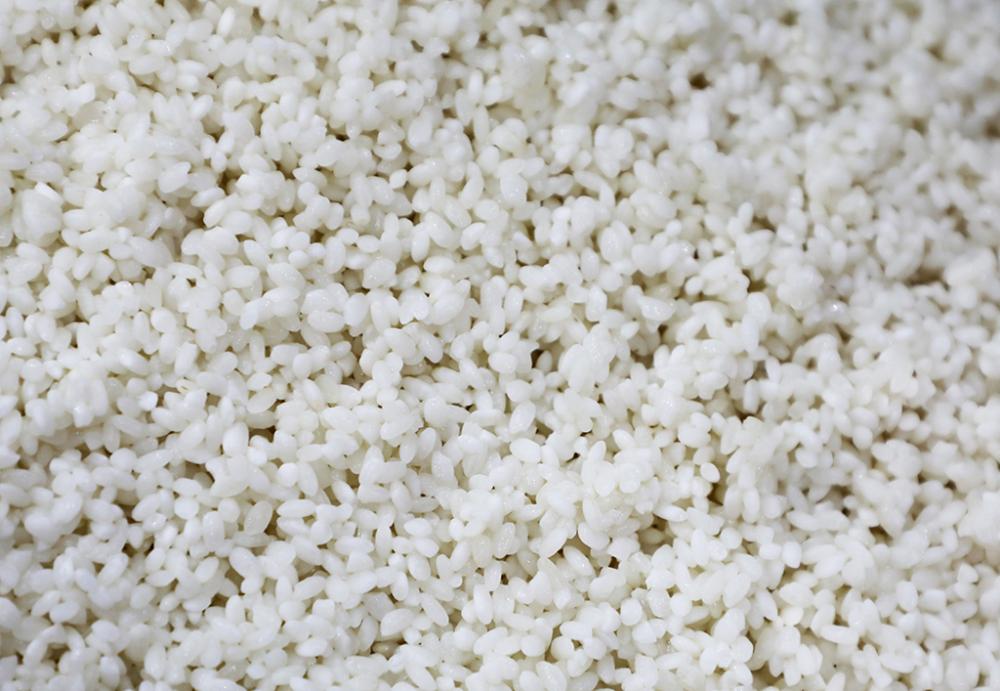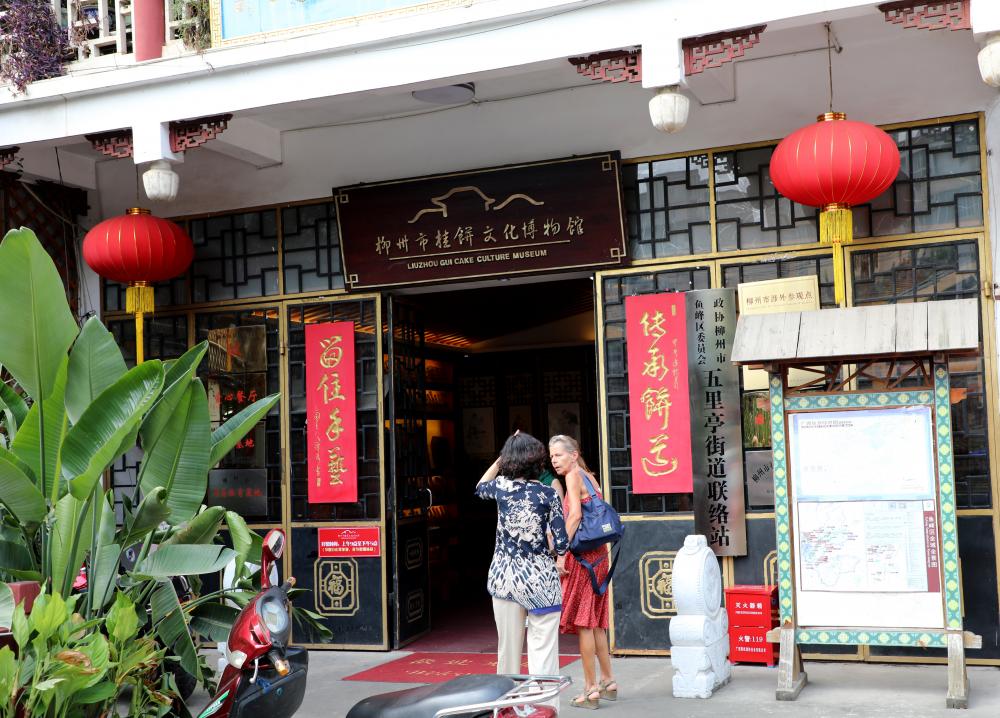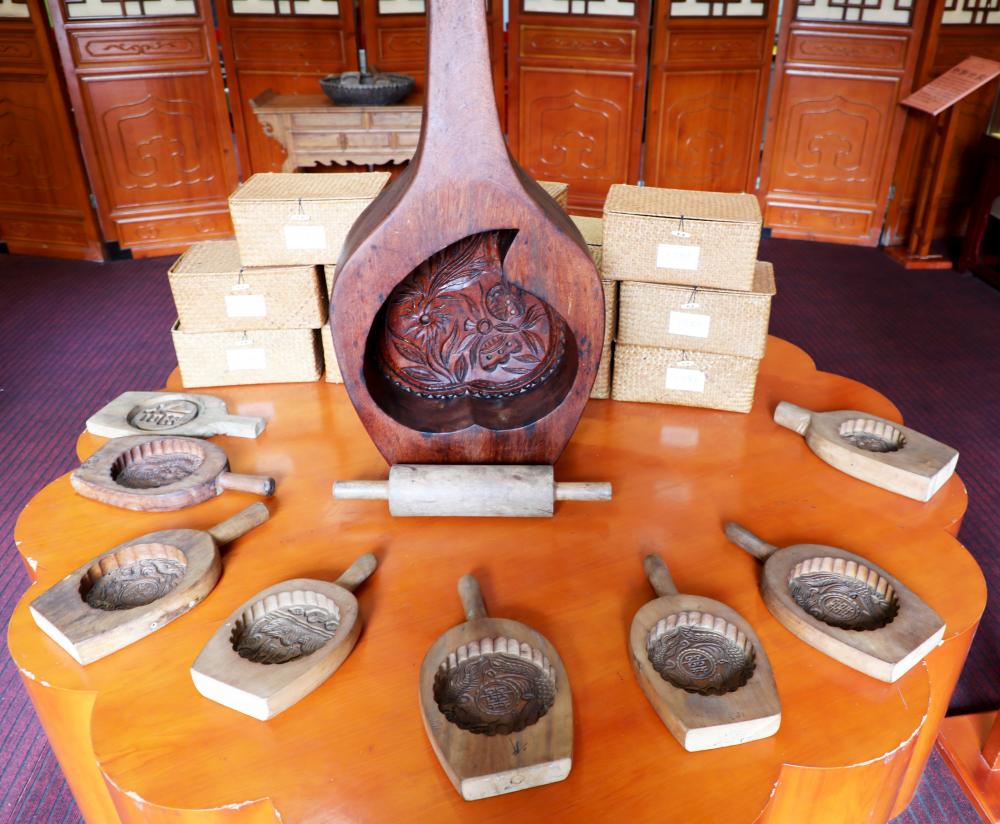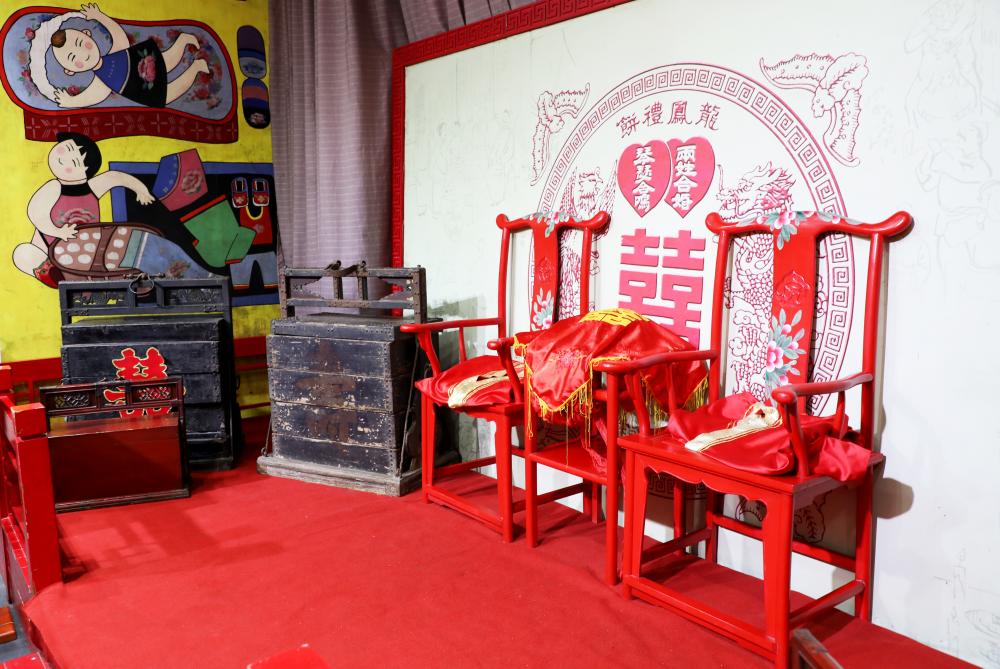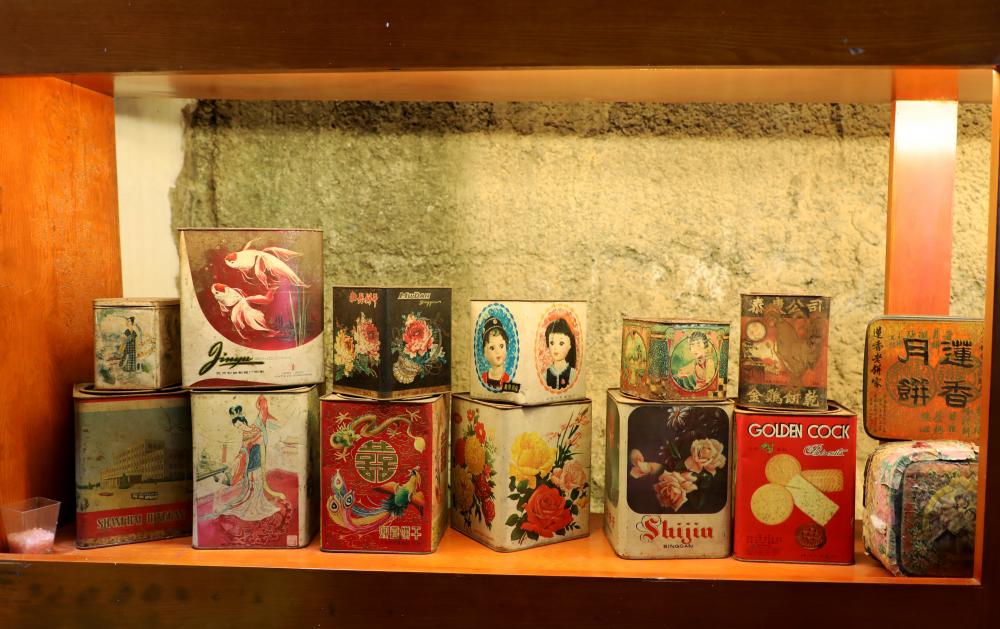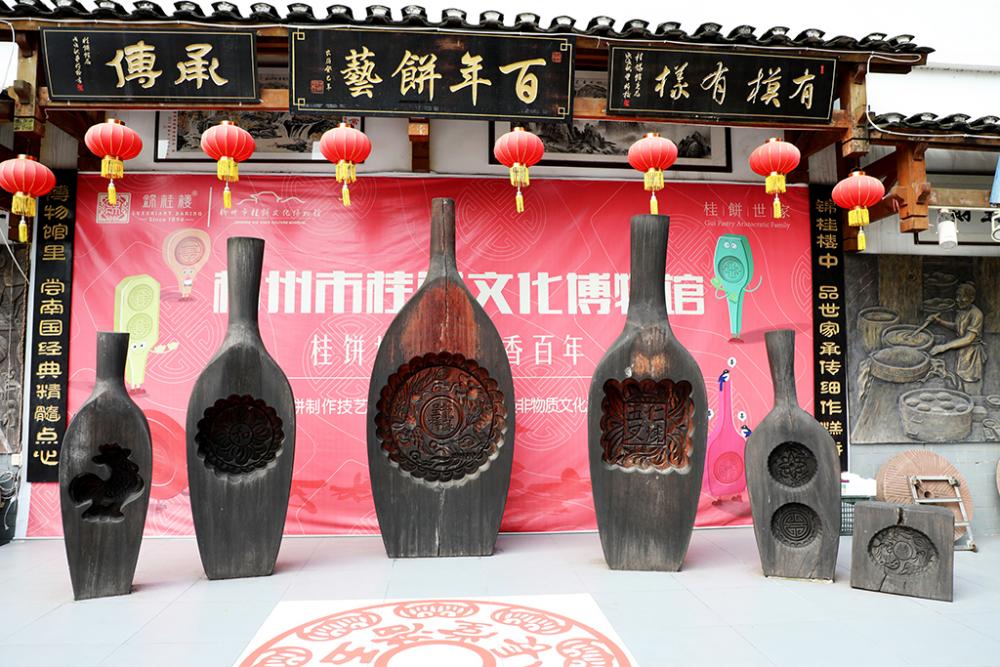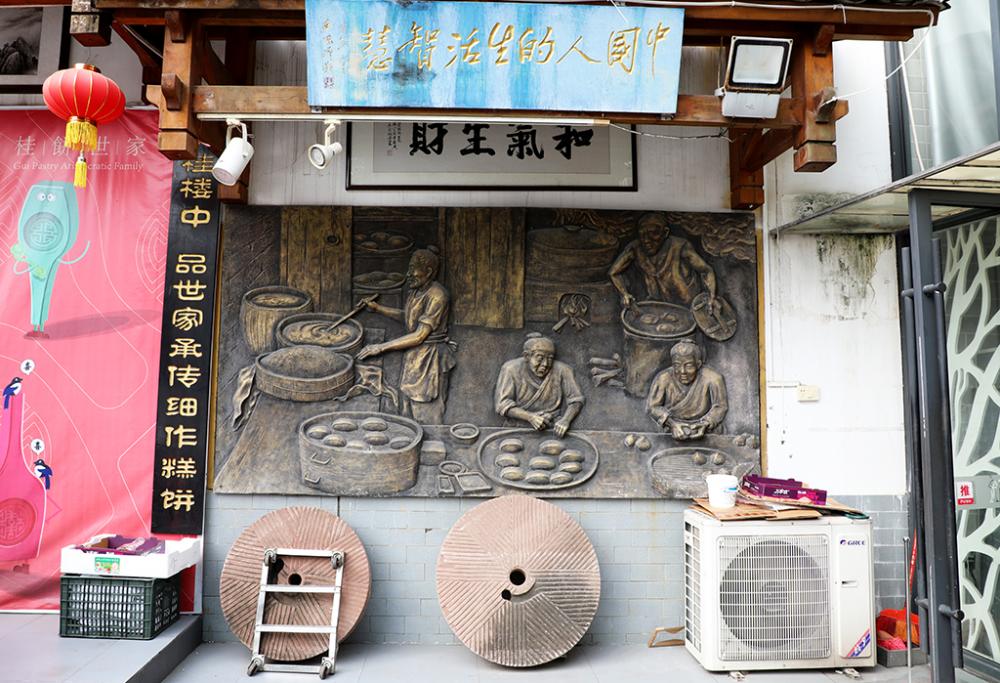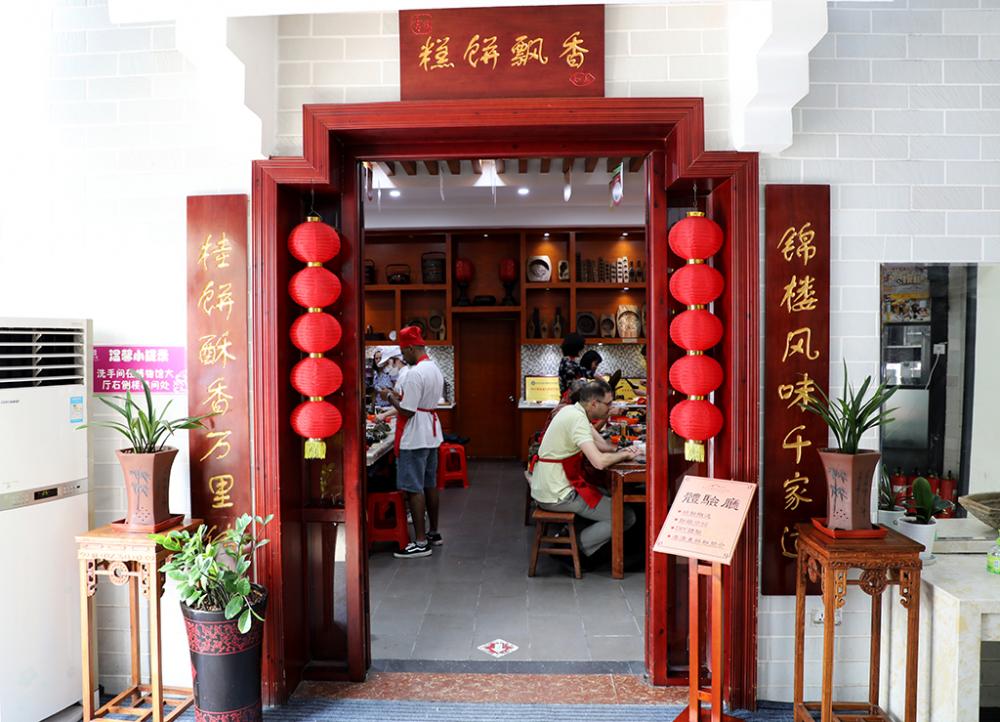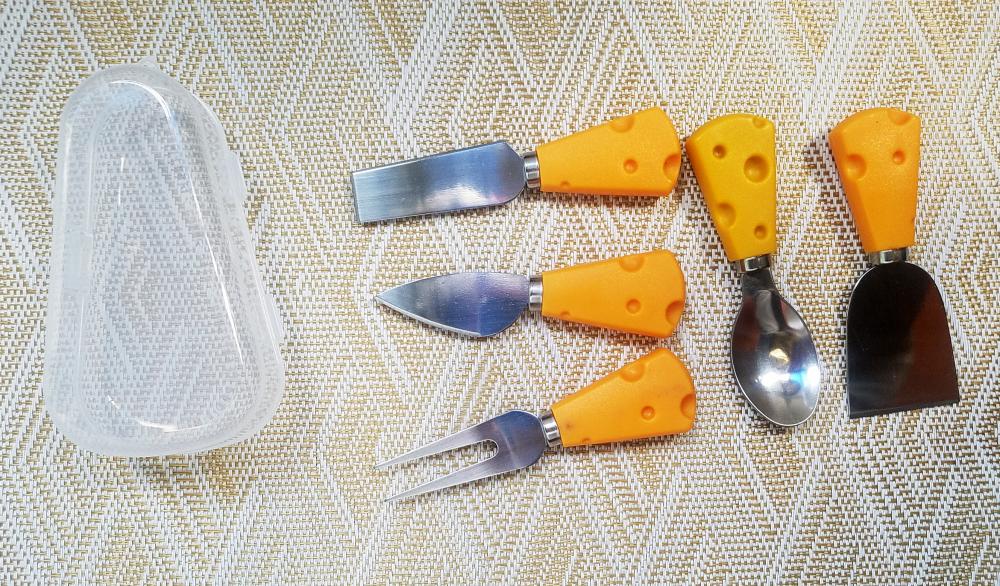-
Posts
16,813 -
Joined
-
Last visited
Content Type
Profiles
Forums
Store
Help Articles
Everything posted by liuzhou
-
Are you saying sedimentary salt was never in the sea? Sediment from what?
-
Maybe conventionally to you. If it was sea salt, it's still sea salt, i.e. salt that came from the sea. I have sea salt in my kitchen. It's no longer in the sea, so it's not sea salt? I'd say the use of "sea salt" is more of a marketing tool than a convention.
-
All salt is sea salt!
-
Funnily enough, when I was in Nepal, I went to buy salt and all I could find was sea salt from Australia!
-
Maybe they need salt. Many animals lick from salt licks to get their essential supply of minerals. Whether that includes insects, I do not know. I'm an etymologist; not an entomologist.
-
That would be a major work. Untangling the complexities of the British class system is PhD level stuff.
-
My sad emoji is for your bad beans; not for your envy. That I would normally thank, but we only get one emoji to issue!
-
Or Coleman's mustard. Mandarin oranges. Ham and eggs!
-
While I'm in no doubt there are places pimping up their offerings, I'm somewhat suspicious of that year-old, pre-latest-lockdown article by some random blogger with an "afternoon tea" website to promote.. There is no indication of how large her sample is, but if her point is, as she claims, modelled on membership of London's "gentlemen's clubs", that would be a fraction of a fraction of 1% of London's "gentlemen" - a rather sexist term as it goes.
-
Minced pork and and asparagus, with doubanjiang, green Sichuan peppercorns, garlic, ginger, chilli, Shaoxing wine and scallions. Served over orzi because the rice cooker pot is currently sleeping in the freezer. It's a long, dull story.
-
It's the end of civilisation!
-
Everyone was supplied with a red hat and apron and sent to wash their hands. Bowls of essential ingredients and bamboo leaves were laid out and everyone got stuck in. The students are in the red aprons and the "museum" staff are wearing white as they assist. The yellow woman is the museum director Concentration A knotty problems The students had a great time, took it seriously, but finally relaxed fora photo session. and even got to eat some zongzi. I passed; I don't mind the taste, but I prefer not glueing my teeth together!
-
Class begins! Pay attention! After being introduced to the dark arts of Chinese bakery and a "history" of zongzi and the asociated festival, it was time to get serious. This woman came to educate us in the proper procedure by proceeding to introduce the ingredients and how to wrap them together. Bamboo Leaves Roast Pork Cooked Beans Glutinous Rice The Final Product Now it was the students' turn. A few other passing foreigners, teacher and my friends from government joined in.
-
Today I went to school. I was double booked. One invitation came from an old friend, who teaches in the local vocational school. They run, among other courses, a Chinese language course for foreign students. I was invited to witness a “special lesson”. The second invitation came from some friends in the local government, whom I often work with, and who mainly wanted me to be the semi-official photographer at an “interesting event”. Fortunately my two invitations were to the same event. Saturday will be 端午节 (duān wǔ jié), the Duanwu festival, also know as “The Dragon Boat Festival”. I won’t repeat the history and the fables it arises from, but you can be sure they are mostly nonsense. WikiSometimesRight has a reasonably accurate version of the unreasonable story. By the way, the Kingdom of Chu, to which the article refers is modern-day Sichuan. I guess they didn’t know. Anyway, the important thing to do at Duanwu is to make and/or eat 粽子 (zòng zi), which are a kind of dumpling made by mixing glutinous rice with various fillings and wrapping them in bamboo leaves before boiling or steaming them. The actual fillings vary by region. Northern China tends to like sweet fillings whereas, down here in the south, we are sweet enough, so prefer to mix the rice with mung beans, barbecued pork and chestnuts. So the event was intended to show the few foreigners in town how to assemble these critters. It was held in what is really a bakery shop, but styles itself a baking museum. True they do have some old stuff on display, but are just one of 54 places styling themselves museums – we have a luosifen museum, a baijiu museum, a coffee museum, a mahogany museum, a bamboo museum, a ticket museum etc., etc. I’m just waiting for them to open a museum museum. So here are a few images. Starting with the building and some of the museum exhibits. Entrance Exterior Interior 1 Mooncake Moulds and more WeddingTableau Old Stuff more soon
-
Slight interlude. 10 things you might not know about Stornoway Black Pudding
-
If it's goiing spare, I'd give it a good home.
-
The only one I possess is the coffee grinder, but I've never used it for coffee, either. Only for spices, the reason I bought it.
-

A short travel blog of Greece: Pelion, Meteora, and Athens
liuzhou replied to a topic in Elsewhere in Europe: Dining
I've never come across taramasalata made with mayo, either. -
Oh. I do that regularly. Best way to make ice cubes! There was a French restaurant very near my London home, years ago. Sadly long gone. Their signature dish was a dessert of frozen grapes in a pond of straight Pernod! Utterly delicious, but I was always glad home and bed was just around the corner.
-
-
My Chinese friends are baffled. Most of them only have a cleaver and maybe a fruit knife. Yet, all those knives I bought or otherwise acquired right here in China. I just learned many years ago that the correct tool for the job saves a lot of grief. I'm now looking at a dedicated durian knife, but I'll behave myself!
-
Right! (Many things that are made in China aren't available in China! Or have to be re-imported and attract import duty!)




